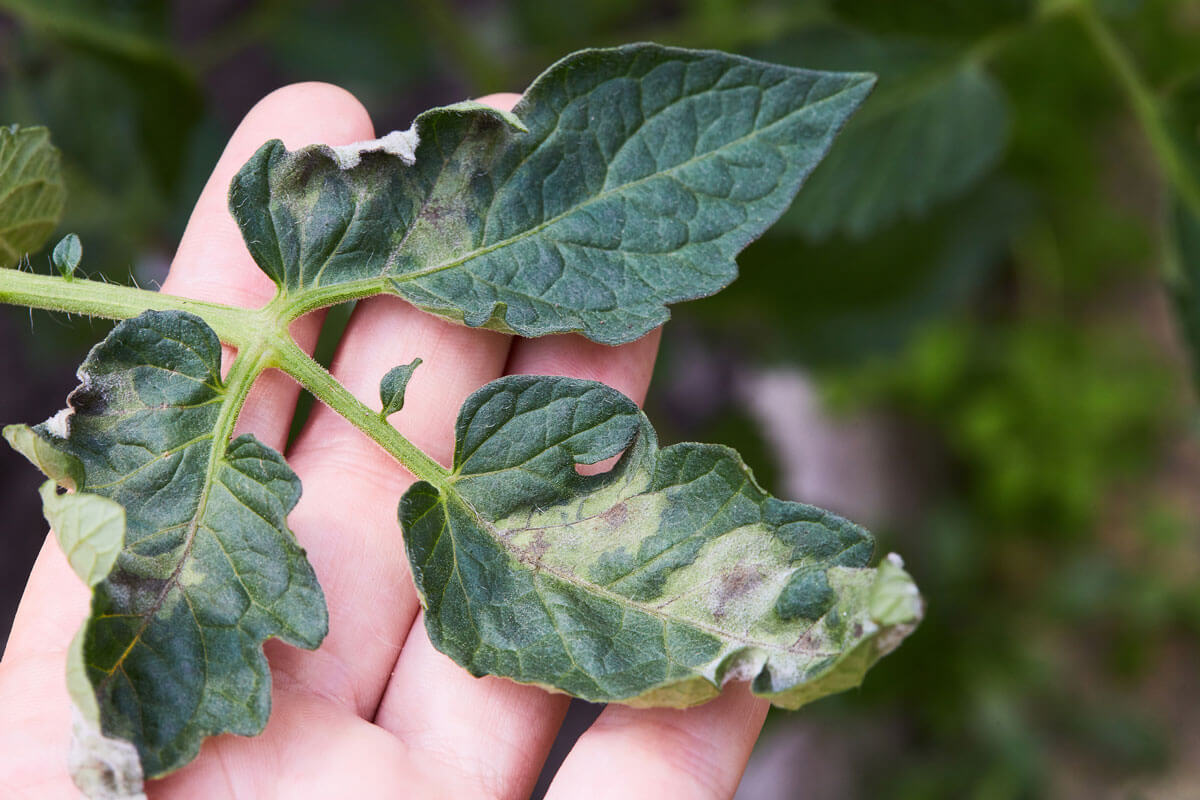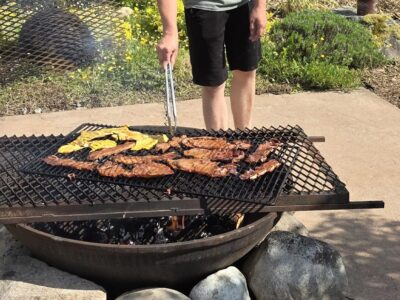If you suspect you’ve purchased contaminated soil, you’ll want to know these tips for soil remediation and how to fix your soil. The number of issues of contaminated soil is increasing and people are having to deal with soil or compost that’s been exposed to herbicides or other contaminants that are negatively affecting their gardens.
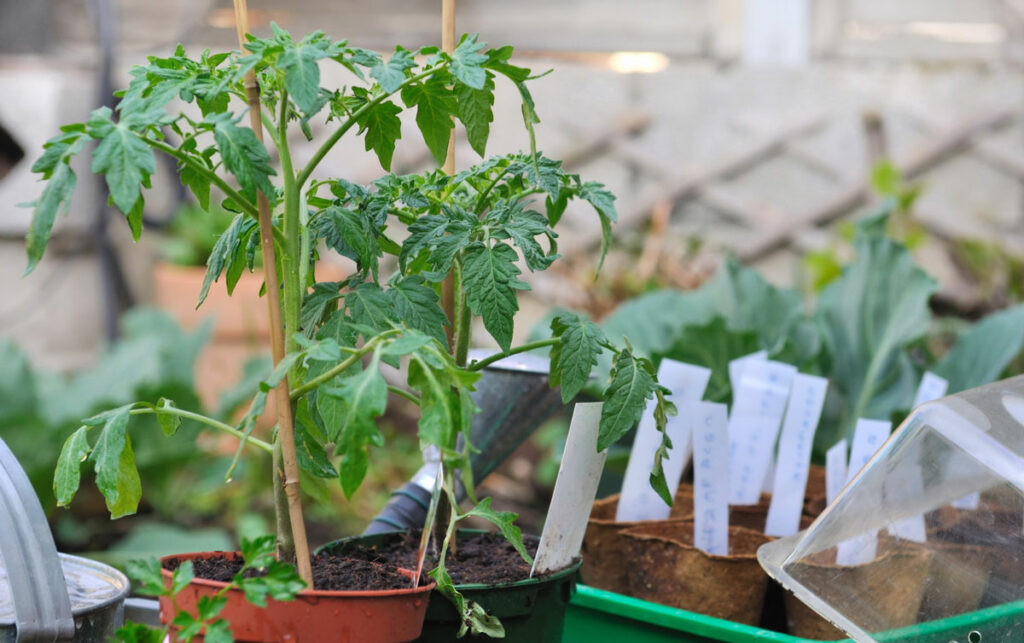
If you listened to Pioneering Today Podcast #346 where we talked about seed starting problems and how to troubleshoot the issues, then you’ll love today’s episode.
Natural Remedies Made Simple

Start your home apothecary with confidence—even if you’re brand new. Learn how to choose the right herbs for your body using the simple principles of herbal energetics.
Discover how warming, cooling, drying, and moistening herbs affect your body—so you can stop guessing and start making remedies that actually work.
I’ve discussed how to start seeds indoors, how to cut back on garden diseases by preventing them, and how to amend the soil for the best growth. But what do you do when things don’t go as planned and/or your plants aren’t thriving or growing properly?
Today we’re discussing how to remediate soil or compost that’s been exposed to environmental, industrial or agricultural toxins.
If you’re not a member of the Pioneering Today Academy, this podcast is a small snippet of some of our live conversations that we’ve been discussing over the past month within the membership. Each month we do a live coaching call where I answer questions and help troubleshoot issues our members are having.
Table of Contents[Hide][Show]
What is Soil Remediation
Let’s first discuss what soil remediation is. In short, it’s removing contaminants from the soil. Things like pesticides, herbicides, hydrocarbons, and heavy metals that will negatively affect crops.
Moving, or remediating these chemicals helps with the health of your crops all the way down to healthy water and air quality, all crucial for a healthy environment.
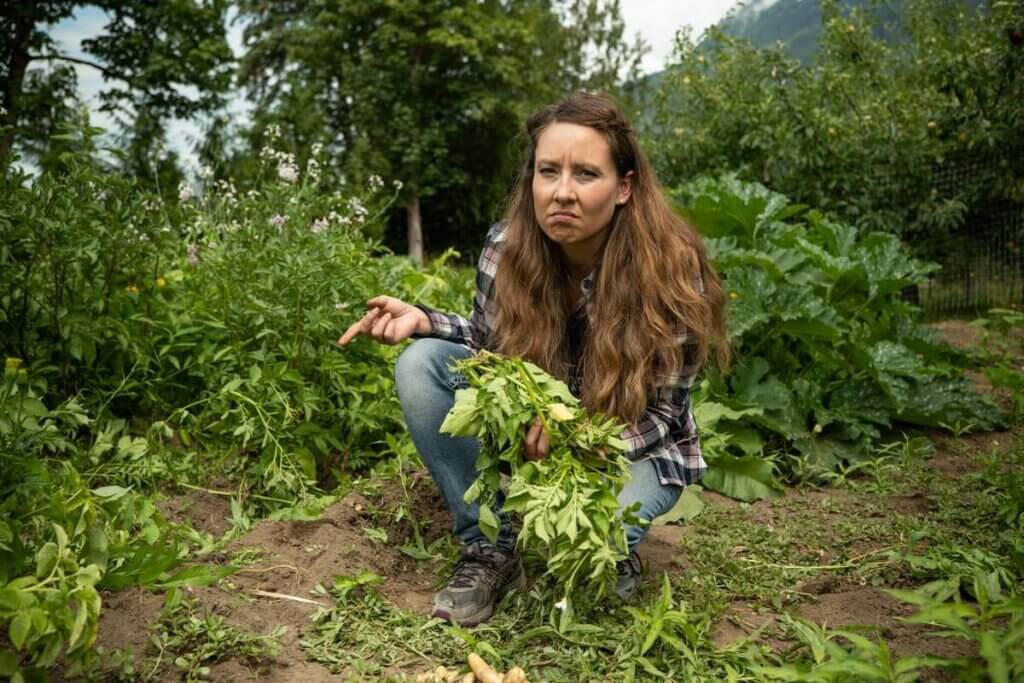
How Does Soil Get Contaminated?
Now that we know what soil remediation is, let’s discuss how soil gets contaminated in the first place.
There are many different ways contaminants can get into our soil or compost. If you’ve listened to my podcast for a while, you’ve probably heard me tell you to never compost diseased or sprayed plants because that disease can be carried through to the finished compost.
The same goes with herbicides or other contaminants, if the animals have been fed hay that’s been treated with herbicides, that herbicide will travel through the animals waste, into the compost pile, and eventually into the finished compost.
If you’ve purchased seed starting mix or compost mixed with soil and you’re experiencing issues with plant growth, it might be that your soil has been contaminated.
Even if you’ve purchased an organic mix, there has been a large portion of bagged soil this year that was unintentionally affected by herbicides.
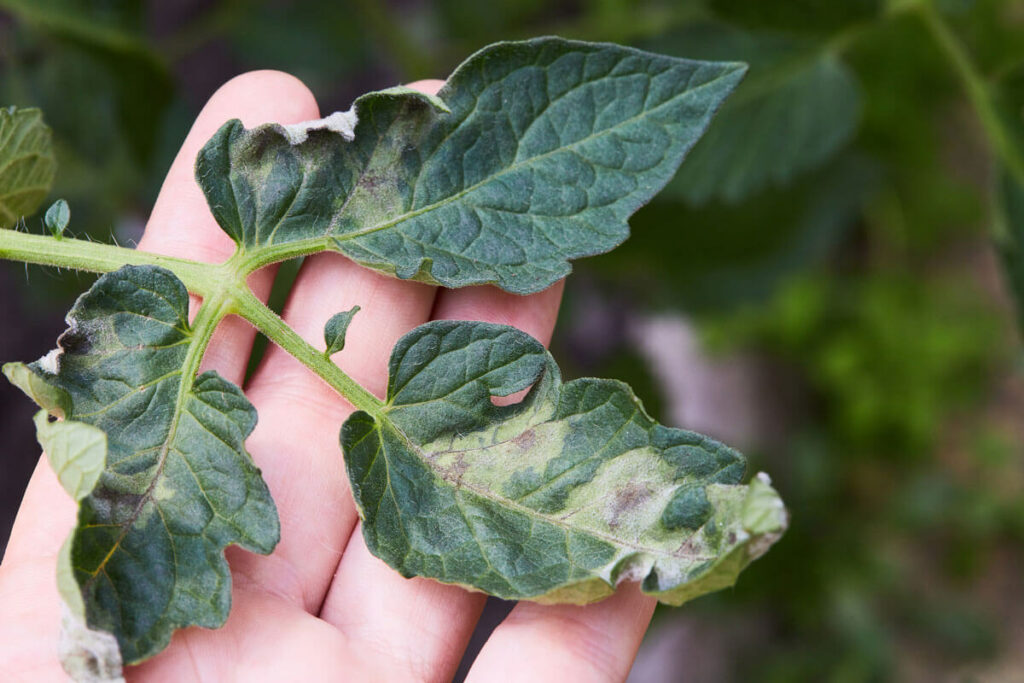
How Do You Know If Your Soil Is Contaminated?
Plants that are most susceptible to herbicides are nightshades (tomatoes and peppers) as well as the legume family (beans and peas).
Think of your tomato plants like the canary in the coal mine. They’re usually the first ones to show damage or signs of an issue.
Bruce, a member of the Pioneering Today Academy, was suspecting a soil issue because he planted out his tomatoes and many of them are now having a lot of leaf curling.
Whenever someone comes to me with a plant issue it’s not always easy to tell what’s going on. Tomatoes can have leaves that curl due to overwatering, underwatering, hot temperatures, and stress on the plant, just to name a few.
Sometimes the plants can be exposed to herbicides in trace amounts, not quite enough to kill the plant, but enough to stress the plant out and have it show signs of exposure.
Furthermore, seeds, when sprouting, have all the nutrients they need within the seed itself to sprout and grow its first set of leaves, so you may not see any issues on the seedling until it starts to rely on the soil it’s planted in for nutrients.
Read more below to see how to quickly test soil for herbicide exposure.
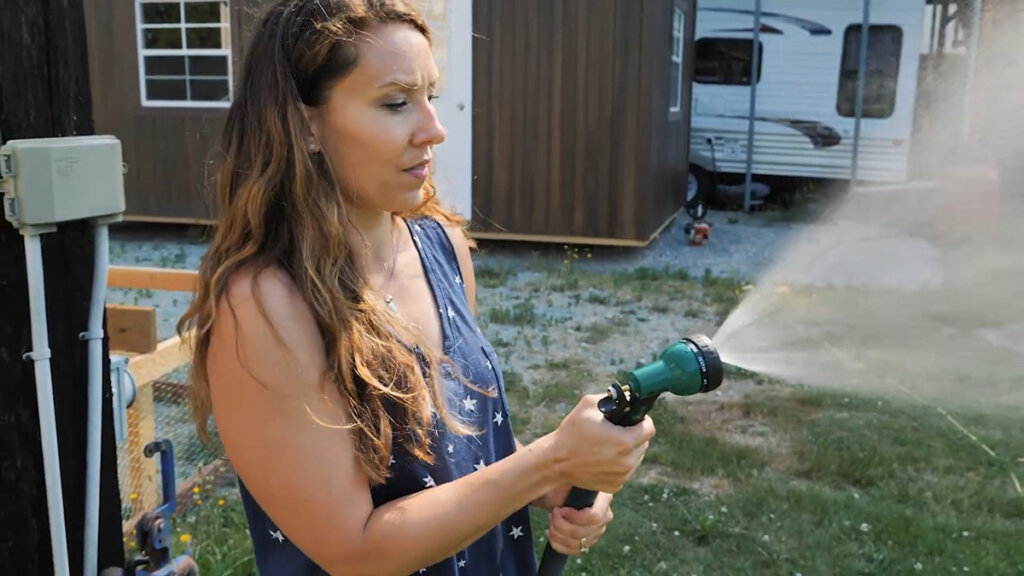
What To Do If You Expect Contaminated Soil
Adjust Watering
If you’re not sure if you’ve been over or under-watering, try adjusting how much you’re watering for a couple of weeks and assess the new growth on the plant.
If it was a watering issue, the leaves of the new growth should look great with no leaf curling and you will then know you’ve solved the problem.
Amend the Soil
There is a chance that your plant is undernourished and could benefit from some fertilizer.
Try watering a few times with a water/fish emulsion mixture and see if the plant bounces back over a couple of weeks.
Get a Soil Test
One sure-fire way to know if your soil has been contaminated is to get a soil test. That’s going to tell you for sure if there are nutrient deficiencies or chemical residue.
Grow a Test Crop
If you’re not sure you’re dealing with contaminated soil, and you don’t want to spend money on a soil test, you can do a test of your own by growing beans in your soil to see if they’re affected.
Beans are a fast-sprouting and fast-growing crop and will show you much faster than testing a tomato plant. Within just a few weeks you should know whether or not you’re dealing with soil contamination or not.
Because bean seeds are fairly inexpensive, you can broadcast the seeds around a larger portion of the garden to test more areas and see how the crops do.
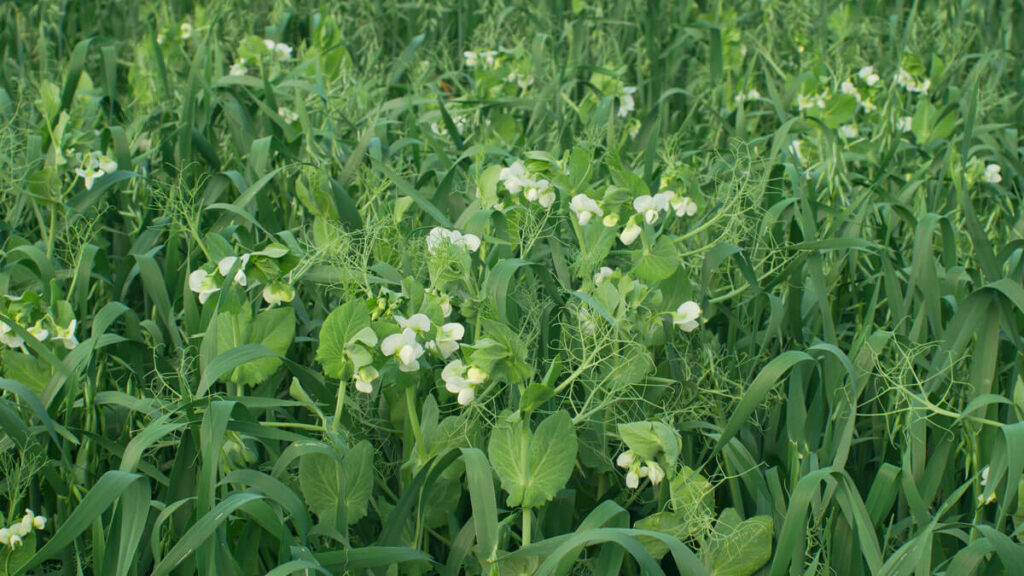
Soil Remediation Strategies
Time
Time is the greatest fix when it comes to soil that’s been contaminated with herbicides.
For certified organic soil, it must be three years since the soil has been touched with herbicides. Here is information on land sabbaths.
But many of us don’t want to wait three years before planting and growing a garden.
Soil Turnover
Activated charcoal (or Biochar), is described as “black carbon produced from biomass sources [i.e., wood chips, plant residues, manure or other agricultural waste products] for the purpose of transforming the biomass carbon into a more stable form (carbon sequestration).” (Source)
Biochar is said to have a 68% removal of the herbicide which is a very large amount (Study).
Something to consider is that adding Biochar to your garden it can raise your soil pH level.
That doesn’t mean you shouldn’t use it, but you just need to be cognizant of this and make sure you’re aware of your pH scale in the garden. Read here for more on testing and amending pH levels of soil.
Increase Soil Organisms
Increasing the organisms living in the soil will help speed up soil turnover. We’ve discussed making compost tea in the past, even compost tea made with comfrey, and I do recommend reading this short article when making your own compost or compost tea.
Tilling
I know tilling can get a bad wrap, but there are some times where tilling can actually be beneficial, and this happens to be one of them.
Tilling helps bring air into the soil which helps feed and grow a healthy ecosystem of microorganisms. The healthier the soil biome, the quicker the soil turnover will be.
Plant a Cover Crop
Planting a cover crop for soil remediation is a great option, however, it’s important to note that you won’t want to use the “chop and drop” method.
Typically speaking, when planting a cover crop, you sow the crop in late summer or early fall and allow the crop to grow over the winter, protecting your soil and adding beneficial nutrients back into your soil.
Then, in the spring, you would typically chop that cover crop down and mix it back into the soil to add even more nutrients to your garden soil.
If you’re trying to remediate your soil, you’ll want to plant the cover crop the same as you normally would, then in the spring, pull that crop completely from your garden and dispose of it in the garbage… do not compost the cover crop.
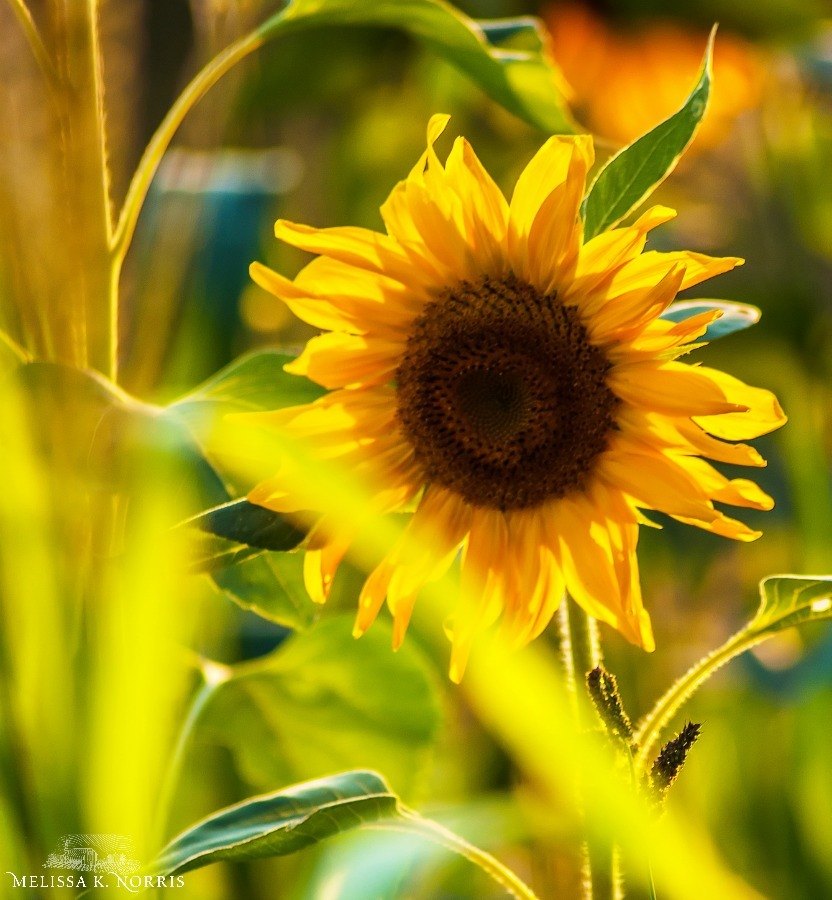
Plant Soil Remediating Crops
There are some crops that are actually known to help draw out toxins from the soil and allow for natural soil remediation.
Crops such as sunflowers, root crops (potatoes, beets, carrots, etc), and oats are all great at removing toxins from the soil.
Again, if you’re not going to eat these crops (more on this below) you’ll want to be sure to pull these crops out at the end of the year and dispose of them in the trash, do not add them to the compost pile.
Can You Eat These Crops?
Whether or not you choose to eat the crops grown in your contaminated soil is a personal choice. There may be trace amounts of the chemicals in your food, so the decision has to be made whether to eat or dispose of those crops.
It is important to note that non-organic (and even organic) produce purchased from the grocery store is allowed a certain percentage of chemical residue in the produce itself. So when we’re buying from the grocery store, we need to understand we’re not getting a 100% clean crop, even when buying organic.
Verse of the Week: Judges 6:39-40
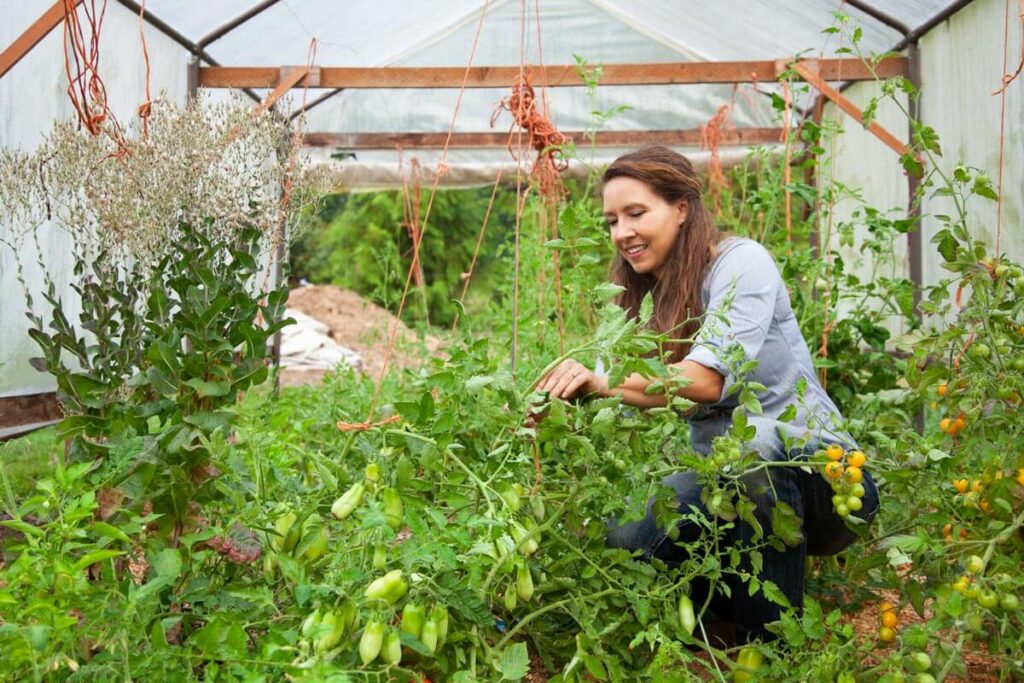
More Posts You May Enjoy
- Beginner Gardening Secrets You Need to Know
- 13 Basic Steps to Starting a Vegetable Garden
- How to Harvest & Store Potatoes (w/out a Root Cellar)
- Crop Rotation in the Garden-Based on Plant Families
- 6 Natural Fertilizers to Improve Garden Soil
- Wood Chips for Garden Mulch – Beneficial or Not?
- Best Way to Germinate Seeds – How to Germinate Seeds Faster
- What Are the Best Seed Starting Containers
- Potting Up Seedlings & How to Separate Seedlings
- Direct Sow Your Garden Seed
[fusebox_transcript]
